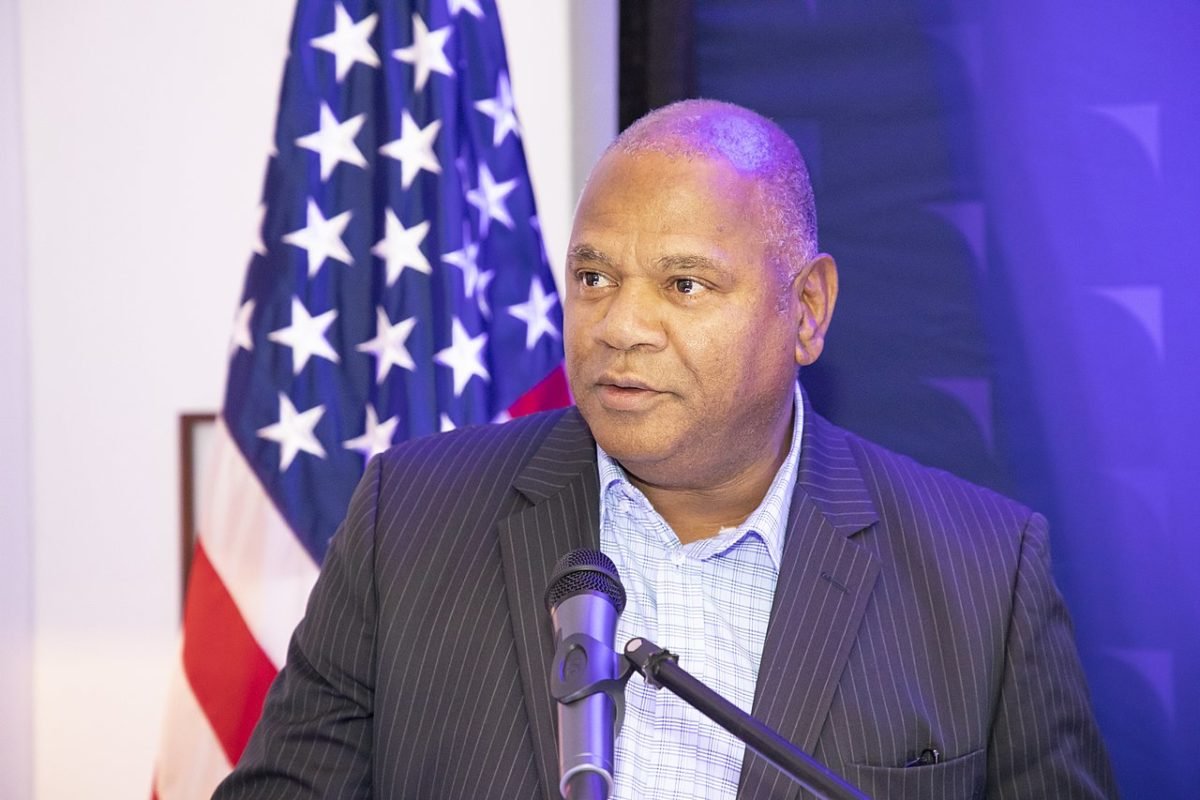The executive mayor of Cape Town has revealed the city is working with the South African Treasury on development of a national plan which would allow municipalities to buy energy from generators other than stricken utility Eskom.
In a blog post filed on the Cape Town municipal government website, Dan Plato said city officials are already working with Treasury counterparts to free the nation's cities from the load-shedding-afflicted electricity supply from the financially-troubled electric company.
Plato, writing on October 19, pointed out national electricity regulations had been amended three days earlier to give South African cities the freedom to procure electricity from independent power producers such as renewables companies.
The loss of income from powering major cities such as Cape Town – which is seeking to procure electricity from 300 MW of renewable energy capacity within five years, according to a report on newswire Reuters today – would be a blow to a national power company struggling under huge debts and saddled with an uneconomic, ageing coal-power fleet. The news Cape Town is working to roll-out independent power procurement nationally could hammer another nail in the coffin.
Popular content
Elected member Plato, however, said there were still details to be ironed out about how Cape Town and other cities could shop for energy outside Eskom. The executive mayor wrote, it was unclear whether the new electricity regulations would encompass renewables assets owned by municipalities, as they referred simply to the procurement of power. Plato is also seeking clarification of how municipal procurement will fit into the national Integrated Resource Plan energy strategy and how long the independent procurement process might be expected to take.
The mayor said he was still awaiting a meeting with minister of energy Gwede Mantashe to define responsibilities for municipal power procurement after the North Gauteng High Court in August said the two layers of authority should arrange matters between themselves. Cape Town had filed a challenge to the requirement for cities to have a ministerial determination to be able to procure energy outside Eskom, prompting the recent change in electricity regulations.
“The city has always maintained that local governments have the constitutional power and obligation to procure renewable energy,” wrote Plato, “and this is necessary to move away from the sole reliance on Eskom for energy supply.”
This content is protected by copyright and may not be reused. If you want to cooperate with us and would like to reuse some of our content, please contact: editors@pv-magazine.com.



By submitting this form you agree to pv magazine using your data for the purposes of publishing your comment.
Your personal data will only be disclosed or otherwise transmitted to third parties for the purposes of spam filtering or if this is necessary for technical maintenance of the website. Any other transfer to third parties will not take place unless this is justified on the basis of applicable data protection regulations or if pv magazine is legally obliged to do so.
You may revoke this consent at any time with effect for the future, in which case your personal data will be deleted immediately. Otherwise, your data will be deleted if pv magazine has processed your request or the purpose of data storage is fulfilled.
Further information on data privacy can be found in our Data Protection Policy.